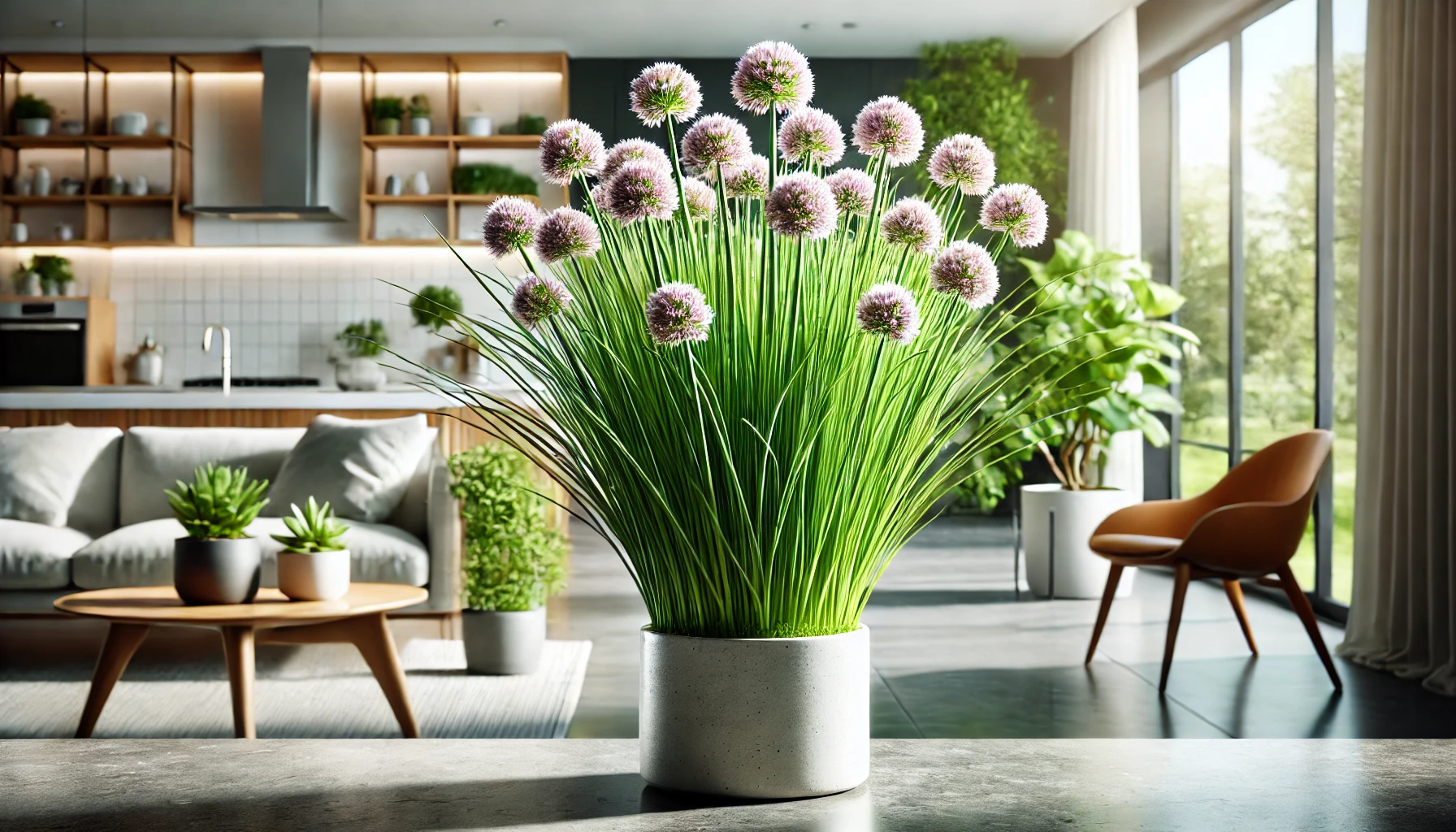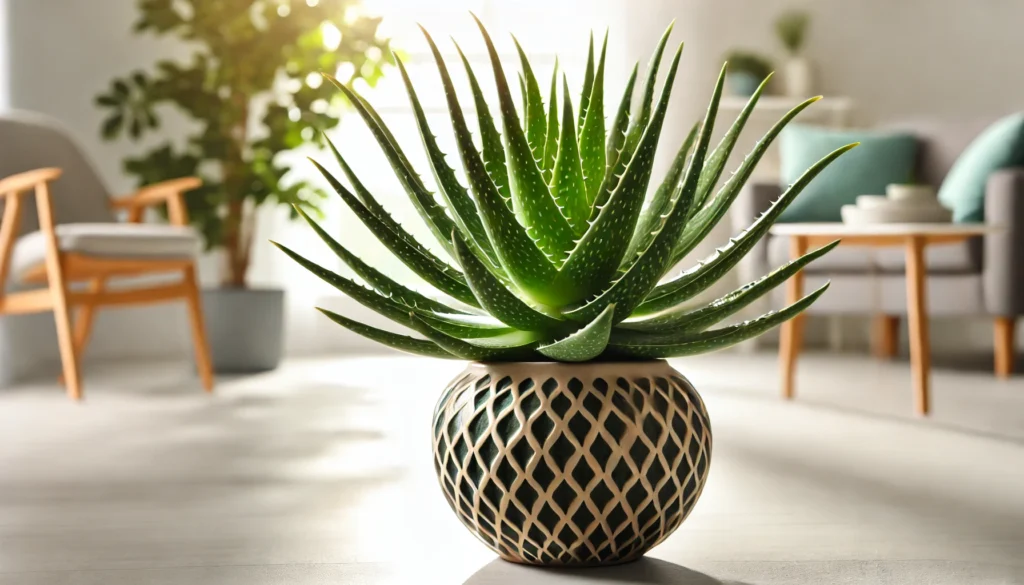
Chives, formally known as Allium schoenoprasum, are a popular herb known for their mild onion flavor and easy-growing nature. This perennial herb can reach up to 12-24 inches in height, producing slender, tubular leaves and charming purple flowers. Chives are a versatile addition to any garden, offering both culinary and ornamental value.
History and Ideal Growing Conditions
Chives have a long history of cultivation, dating back to ancient times when they were used by the Chinese and Romans for their medicinal properties. Native to Europe, Asia, and North America, chives have been a staple in gardens and kitchens around the world.
Ideal growing conditions for chives include full sun to partial shade and well-draining soil. They thrive in USDA hardiness zones 3-9 and can be grown both indoors and outdoors. Chives prefer slightly acidic to neutral soil with a pH range of 6.0-7.0. When planted in optimal conditions, chives will return year after year, providing a continuous supply of fresh herbs.
Toxicity and Pets
Chives are part of the Allium family, which includes onions and garlic. While they are safe for human consumption, chives can be toxic to pets, particularly cats and dogs. Ingesting chives can cause symptoms such as vomiting, diarrhea, and lethargy. To keep your pets safe, ensure that chive plants are placed out of their reach.
Best Practices for Caring for Chives
Caring for chives is straightforward, making them an excellent choice for both novice and experienced gardeners. Here are some essential tips to help your chives thrive.
Watering and Humidity
Chives prefer consistently moist soil, especially during their growing season. Water your chives regularly, ensuring the soil remains evenly moist but not waterlogged. In drier climates or during hot weather, you may need to water more frequently. Chives do well in moderate humidity environments.
Soil, Light, and Temperature
Use a well-draining potting mix or garden soil to grow chives. They thrive in full sun but can also tolerate partial shade, especially in hotter climates. Ideal temperatures for chives range from 55-75°F (13-24°C), but they can tolerate a wide range of temperatures and are frost-hardy.
Common Problems and Remedies
While chives are generally hardy, they can encounter a few common issues. Overwatering or poor drainage can lead to root rot. Ensure the soil dries out slightly between waterings to prevent this problem. If you notice yellowing leaves, reduce watering and check for signs of root rot.
Pests such as aphids and thrips can affect chives. Regularly inspect your plants and treat any infestations with insecticidal soap or neem oil. If you notice any signs of pests, isolate the affected plant to prevent the spread to other plants.
Propagation and Benefits
Propagating chives is relatively easy and can be done through division or seeds. To propagate through division, dig up an established clump of chives and carefully separate it into smaller sections, each with roots attached. Replant the divisions in well-prepared soil and water them thoroughly.
Growing chives has several benefits beyond their culinary uses. They are a low-maintenance plant that is perfect for busy individuals or those new to gardening. Chives can improve indoor air quality by filtering out toxins and adding a touch of greenery to your home. The plant’s flowers attract pollinators such as bees and butterflies, enhancing the biodiversity of your garden.
Final Thoughts
Chives are a versatile and easy-to-grow herb that can enhance any indoor or outdoor space with their unique appearance and mild onion flavor. Whether you are a seasoned gardener or just starting, this resilient plant is a delightful addition to your collection. By following the care tips outlined above, you can enjoy the beauty and benefits of chives in your home. Happy gardening!
Stay connected with the world of plants! Subscribe to Phylofy for expert gardening tips, DIY projects, and eco-friendly inspiration. Join our community and nurture your love for nature. Don’t miss exclusive content and updates. Subscribe now!



